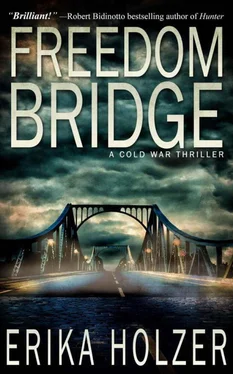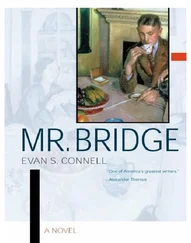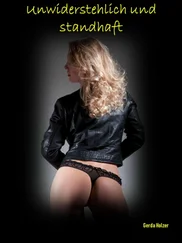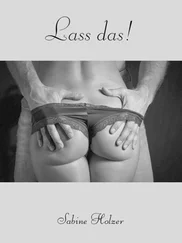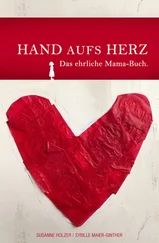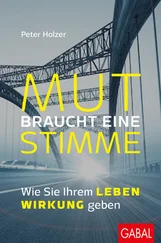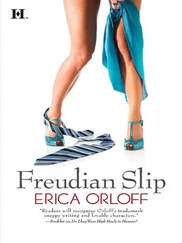It was all the more unsettling because the change had nothing to do with her—at least not directly. Kurt had metamorphosed into Dr. Kurt Brenner, world-famous heart surgeon, with a dazzling smile, the pseudo-confident style of a playboy, and an increasingly unpredictable temper in the operating theater. Or so it was rumored.
She refused to believe it. From time to time she returned to the amphitheater. Sitting in the same balcony, she would watch Kurt work his magic, eager to recapture what had made her fall in love with him.
Afterward, she would be relieved that he hadn’t lost his skills.
But she could no longer deny what else she had witnessed: nurses and even assistant surgeons fighting for his attention… and Dr. Kurt Brenner, peerless heart surgeon, enjoying the competition.
They had argued about it. Reconciled. Talked things out. There were times when she thought she was getting through. Times when she succumbed to the famous Brenner charm. Times, like now, when she called her own stubbornness into question.
She sighed, tired to the point of indifference, and headed for the dining room. Before she could even sit down, Kurt preempted the conversation.
“There’s been a new development about the West Berlin trip, Adrienne. That’s why I asked you to lunch.”
“Kurt, how many times do I have to—”
“What if I told you the East Germans will give you a visa? If you’re so eager to write some sort of exposé, I would think you’d jump at the chance to have a first-hand look from behind the Iron Curtain.”
“Why would they give me a visa?” she asked, incredulous.
Brenner filled her in about Humboldt University Medical Center’s conference on artificial hearts versus human transplants and how he would give the keynote address and perform a simple open-heart procedure.
“What do you really get out of it, Kurt?”
“I get to show off my lovely wife in both East and West Berlin,” he said.
And I keep Major Dmitri Malik happy until I find out what the hell his game is.
Adrienne entered the oak-paneled taproom of the Manhattan Press Club and spotted him immediately, ensconced in the soft-leather comfort of a dimly lit booth.
“Hello, Paul. Happy Labor Day.”
“And to you, Adrienne.”
“Thanks for seeing me on a holiday weekend. It’s my only free time, these days. You doing okay?”
“Reasonably well under the circumstances.”
Well, you look wonderful. I wish women aged as well as men.”
“So you like a touch of gray in a man’s hair, do you?”
“I do when it’s real,” she said. “Kidding aside, how are you bearing up?”
“Let’s just say it wouldn’t surprise me if my hair turned color in the last fourteen months.”
Adrienne frowned. “That rough?”
Houston shrugged.
“I take it the Soviets have succeeded in getting you fired from the State Department.”
“Not quite. After a year-long investigation of what happened on that bridge, I’ve been asked to retire. Quietly.”
“I’m really sorry, Paul.”
“Don’t be. I was planning to quit my day job as soon as I got back from Potsdam last year. Now I’m not so sure. I think I’d much rather be sacked.”
“ Why , for heaven’s sake?”
“My colleagues—those at the State Department, at least—are trying to convince the East Germans that the so-called border incident shooting had no official sanction. That it was nothing more than an unauthorized cowboy stunt staged by me alone. Being fired will make me feel better.”
“We’ve known each other a long time, Paul. For a diplomat, you’ve been involved in some pretty convoluted… ‘operations’ but I’ve never asked you if they’re limited to the State Department. I’m not going to start now.”
“Good woman. We’ll drink to it.”
Adrienne smiled and sat back.
“I’m going to East Berlin with Kurt in several weeks, and about a week later, the Medicine International symposium in West Berlin,” Adrienne announced when their drinks arrived. “Something to do with artificial hearts and human transplants.”
“You, of all people, are willing to go behind the Iron Curtain? What am I missing?”
“Isn’t it obvious? As the wife of the Symposium’s honored guest, I’ll have access to things that are ordinarily off-limits.”
“And you’ll write about what? As if I didn’t know,” he said with a faint smile.
“Human rights—or more precisely, the lack of them. Frankly, given my reputation as a journalist, I’m surprised the East Germans are letting me ride on Kurt’s coattails.”
“Maybe because your last few articles have honed in on the Soviet Union, so you’re viewed as anti-communist, period—and yes, I’ve seen that kind of skewed reasoning firsthand. These people don’t see the wider connection.”
“Which is?”
“That your consistent theme is anti-totalitarian.”
She grinned. “It’s so refreshing, not having to explain myself. By the way, do you happen to have a photograph of Stepan Brodsky?”
“I can do better than that. I’ll arrange for you to meet a man named Ernst Roeder. He’s a well-connected East German photographer. Roeder takes two kinds of photographs. The ones destined for the Communist newspaper, Neues Deutschland —New Germany—the others for a very different outlet—a small, mostly underground magazine called Das Wort .”
“ The Word ,” she mused. “A friend of mine mentioned it once. Very grim stuff.”
“Some of it. Remember the famous shot of a wizened old woman in East Berlin begging for food in front of Communist boss Walter Ulbricht’s office?”
“I’ll say! How could anyone forget?”
“That was Ernst Roeder’s work—anonymous, of course. Even so, with those kinds of photographs, Ernst is taking a big risk.”
“But if his photographs are anonymous…”
“Doesn’t matter. There’s an artistic phenomenon known as a signature , and I don’t mean a written one. Experts can spot a genuine Van Gogh—even an unsigned painting—by its style, subject, composition, color, brush strokes, etcetera . The same with photographs by Ansel Adams. Alfred Hitchcock’s films have a signature even without a director’s credit. Roeder’s photographs have a signature, too—one that’s distinctive in both Neues Deutschland and Das Wort . The only thing that keeps Roeder and photographers like him behind the Iron Curtain is the chance to fight the regime in the best way they know how.”
Impressed, and touched, Adrienne asked, “How do I contact him?”
“You don’t. I’ll see that he contacts you.”
“And he’s reliable?”
“There’s something you should know about Ernst Roeder,” Houston said evenly. “He was on Glienicker Bridge in May of last year when Stepan Brodsky was killed. He and Brodsky were friends. The idea was that Ernst would shoot some film as Stepan tried to make it across. If he succeeded, the pictures would show a defiant rebellious defection from communism. If not… well, something else. Ernst managed to take a few photographs of Stepan as he lay dying.”
“He’s allowed to take those kinds of photographs?!”
“Certainly not. Ernst Roeder has two things going for him,” Houston said with a wry smile. “He’s a large man—more like soccer coach than a celebrated photographer. But Roeder is cagey. He uses a conventional Leica or Speed Graphic for authorized photographs. For more surreptitious shots, his oversized hands can easily conceal a miniature camera. A Minox, for example.”
“Very enterprising, carrying two cameras,” Adrienne said thoughtfully.
Читать дальше
